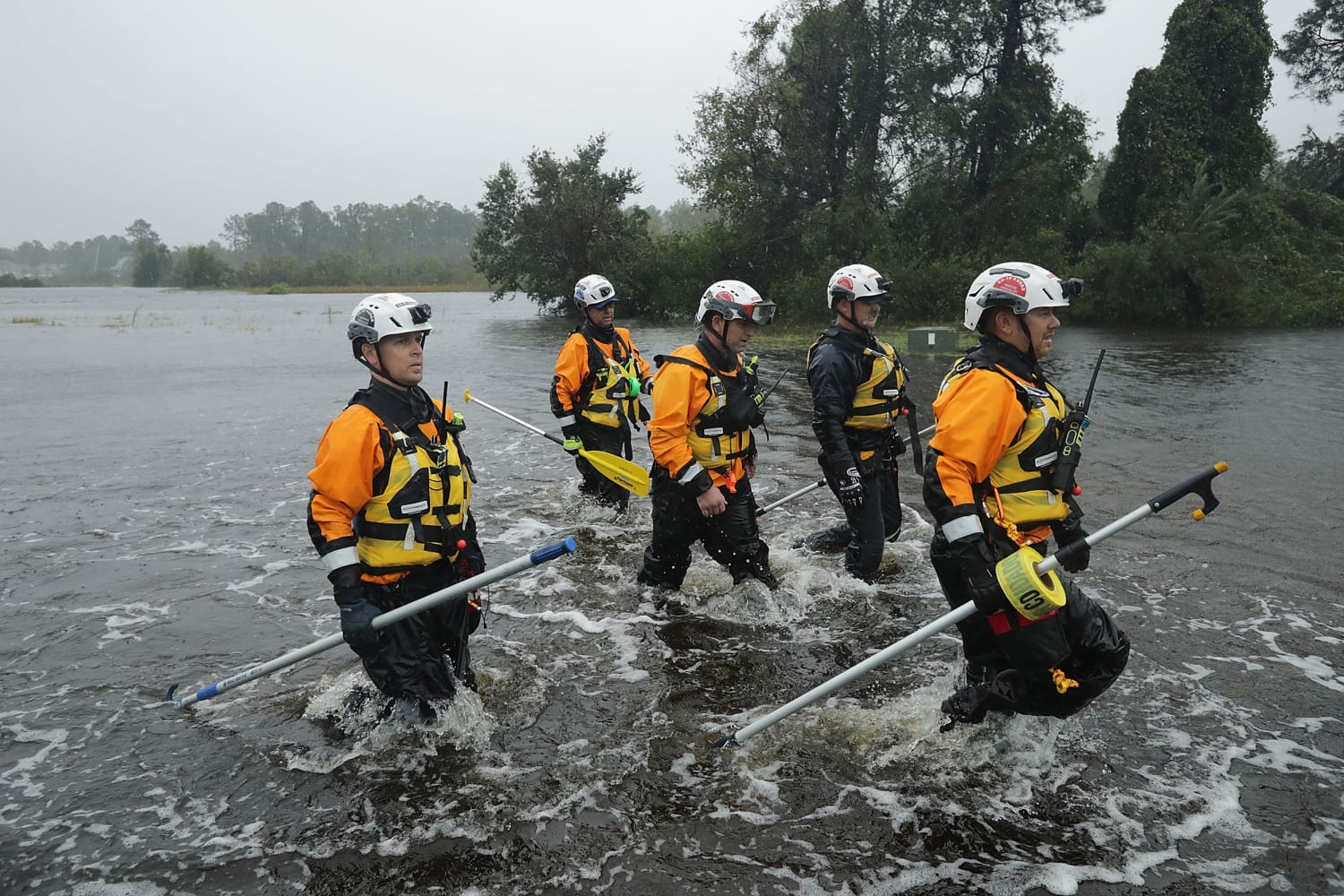WASHINGTON — Federal Emergency Management Agency officials expect that they will soon be drawn deeper into the nationwide effort to resettle Afghan refugees, adding another complex challenge to a crushing shower of disasters that has cascaded down on the beleaguered outfit over the last 18 months.
The White House recently tapped Bob Fenton, the agency’s former acting administrator and head of its Region 9 office, to lead the Homeland Security department’s resettlement task force. Fenton has begun to stock the task force with FEMA colleagues, and the agency — which is already managing Covid-19 vaccinations at the Virginia refugee processing center — is preparing to take on additional duties.
“We’re having meetings tracking the activity” of the Biden administration’s Afghan resettlement process, said one veteran FEMA official, who spoke on the condition of anonymity because he was not authorized to talk to the media. “They want FEMA involved.”
That’s in addition to the ongoing response to Covid-19, raging western wildfires and a hurricane — Ida — that ravaged the Gulf Coast and flooded New York and New Jersey.
FEMA is designed to marshal the government’s disaster-aid resources a few states at a time. But since March 2020, when it took over from the Department of Health and Human Services as the lead agency for the pandemic, FEMA officials have been working around the clock on a set of emergencies that together affect every state. And it’s taking a toll.
“FEMA is stretched thin, relying on an overworked workforce,” said a second agency official who spoke on the condition of anonymity. “We were not designed to be America’s 9-1-1.”
When a hurricane hits the Gulf Coast or wildfires rage through western states, FEMA mobilizes its officials in the region, taps into sister agencies’ personnel and equipment, deploys a corps of reservists for relief and recovery efforts, and coordinates with state and local emergency management teams. Any single disaster can occupy thousands of workers and cost tens of billions of dollars over the course of years in one geographical area.
But for the past 18 months, FEMA has been operating under the unprecedented strain of managing a pandemic that affects all of its regions at once, coupled with the growing intensity and frequency of disasters such as Hurricane Ida and California’s Dixie wildfire, which is the second-largest in the state’s history and continuing to spread. Its portfolio continues to include work related to long-past disasters such as Hurricane Maria’s devastation of Puerto Rico.
In the past week, more than 1,100 of the agency’s employees have been deployed to Louisiana and Mississippi since Ida made landfall, according to FEMA, along with 5,200 members of the National Guard and nearly 200 medical providers and other staff from the Health and Human Services Department. The Army Corps of Engineers has more than 400 employees working on damage assessments and other activities.
A few hundred more FEMA employees are deployed to northeastern states that were flooded when the remnants of Ida dumped heavy rain.
Agency officials say that they are also contending with a drain of expertise related to strict requirements on reservists that make it harder to recruit and retain high-quality workers for those positions.
“They’re adding numbers, but I don’t think they’re adding numbers of people with quality experience,” said the first official.
Sens. Gary Peters, D-Mich., and Rob Portman, R-Ohio, introduced legislation earlier this year aimed at preventing employers from firing workers who deploy temporarily as reservists for FEMA.
“This bipartisan bill will improve the retention of these highly skilled emergency responders while also strengthening the agency’s readiness to respond to major disasters,” Portman said in June. “It is not only the right thing to do but comes as our country is facing a record high number of disasters where these reservists are needed the most.”
In addition to Afghan resettlement, FEMA officials see the potential for being involved with setting up vaccination centers again for booster shots.
“It seems like there’s no rest,” the first official said.
Source: | This article originally belongs to Nbcnews.com










